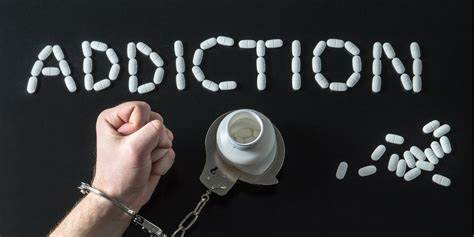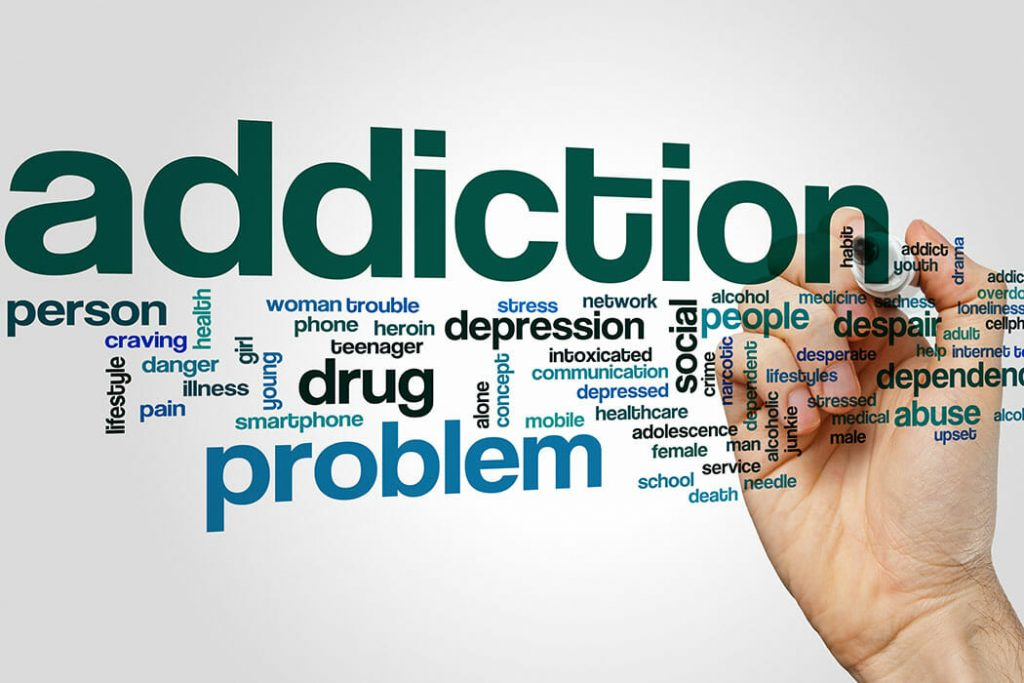These days we can notice the amount of teenagers who involve themselves in drug cases, and this is what made our society disturb civilization and morality. This case has made a lot of people ask about its reason by watching series talking about it or even seeing their children or their neighbours ect....
So in this article we are going to talk about the reasons that has made teenagers and even children involving themselves in this case and what are the consequences of it...

THE REASONS:
There are a number of triggers that fit into the emotional, psychological, and physical reasons why people may decide to take drugs in the first place.
- GRIEVING: People experience extreme emotional distress when a loved one—a close friend, a family member, or even a mentor who had a great impact on them—dies. Grief is handled differently by various people. There are those who can improve themselves by following incentives or by taking action on their own. Other people struggle greatly with mental or physical loss, so they turn to drugs as a temporary means of coping. However, for some people, this temporary coping strategy could develop into a long-term reliance.
- END OF A RELATIONSHIP: One of the most emotionally damaging occurrences in a person's life is the breakup of a relationship. Self-confidence can be badly impacted by a separation or divorce in a relationship. This then has an impact on other aspects of life, such as work, friendships, families, and even the capacity to discover one's purpose. In the absence of adequate emotional support, a person may turn to drugs in order to cope with the breakup of their relationship.
- MENTAL ILLNESS: Mental illness is a complicated factor that contributes to substance misuse. There are several types of mental disease, and they can present themselves in various ways. Some persons who have mental health issues are prone to turning to drugs in an effort to explain or make sense of their condition. Others who struggle with anxiety or depression may turn to medicines to assist them recover from these depressing mental states.
- ENVIRONMENTAL INFLUENCES: A person's exposure to their surroundings can affect and precipitate drug usage. Those exposed to poverty, drug addiction, abuse, violent homes, or other bad environments have a higher chance of developing substance misuse than those who do not. They could think it's usual or appropriate to consume drugs. Or, they can mentally think that they can slip into this habit.
- SCHOOL PRESSURES: School pressure is a common cause of drug usage, just like pressure from a profession. Numerous people struggle with heavy workloads from classes and assignments, financial strain from student debt, juggling employment and family obligations while attending school, and pressure to succeed academically. It is simple for some people to be more prone to turning to drug usage as a coping mechanism in these stressful situations.In addition, professional training programs like medical or law school have even higher expectations for academic performance and cost more money. In order to improve their cognitive performance, graduate students frequently utilize stimulants and other medications.
- ENJOYMENT OF GETTING HIGH: Many people experiment with drugs once and discover that they provide euphoric feelings. Dopamine is released as a result of the drug's chemical interactions with the brain, and many individuals find this to be enjoyable. When this occurs, individuals will keep seeking the same exhilaration and release because they enjoy the way it makes them feel. It could result in them feeling more at ease, confident, in charge, or any number of other things.
THE CONSEQUENCES:Despite the consequences, drug addicts continue to take narcotics obsessively.
Overdose and possibly death are two possible outcomes of substance addiction. Discover the immediate and long-term impacts of drug addiction. Learn about available treatments for common ailments. There are physical and mental effects of drugs on the human and that's what we are going to see here....
Physical effects:
- SHALLOW BREATHING which, if neglected or improperly diagnosed, is a dangerous ailment. Without a proper diagnosis, it is frequently treated as a "sleep disorder". Date: June 2023 cn Serious symptoms frequently appear when you're sleeping because your intercostal muscles aren't working to breathe. The diaphragm, which is frequently compromised in persons with NMDs, is where breathing begins during sleep.
- INSOMNIA IS The inability to sleep enough OR Having trouble going asleep, having trouble remaining asleep, or getting up earlier than preferred can all be symptoms. People who have chronic insomnia frequently complain about light, unrefreshing sleep.
- Increased blood presure
- Slurred speech
Mental effects:
Psychoactive chemicals have an impact on the areas of the brain that deal with risk, reward, and pleasure. By releasing a large amount of dopamine into the brain, they provide pleasure and a feeling of wellbeing.
- The parts of the brain that deal with risk, reward, and pleasure are affected by psychoactive drugs. They deliver pleasure and a sense of well-being by releasing a lot of dopamine into the brain.5
- Your body's reaction to impending peril is anxiety. It is frequently accompanied by anxiety or panic, cognitive problems like trouble focusing, and bodily symptoms like nausea, shivering, and stiff muscles. Anxiety can sometimes be a logical reaction to certain circumstances, but it can also be a symptom of an anxiety disorder.
- Depression
- psichosis
- memory loss
Drug addiction is complicated, long-lasting medical condition that makes a person consume psychoactive drugs obsessively notwithstanding the consequences.
join me on instagram: @takwaamejri




Comments
Post a Comment